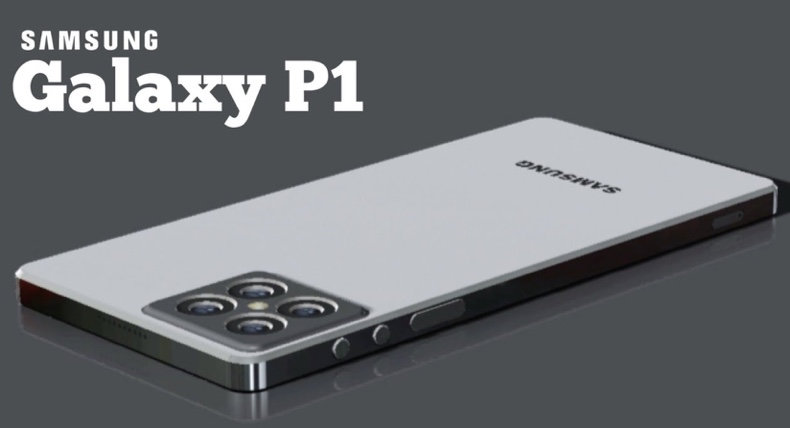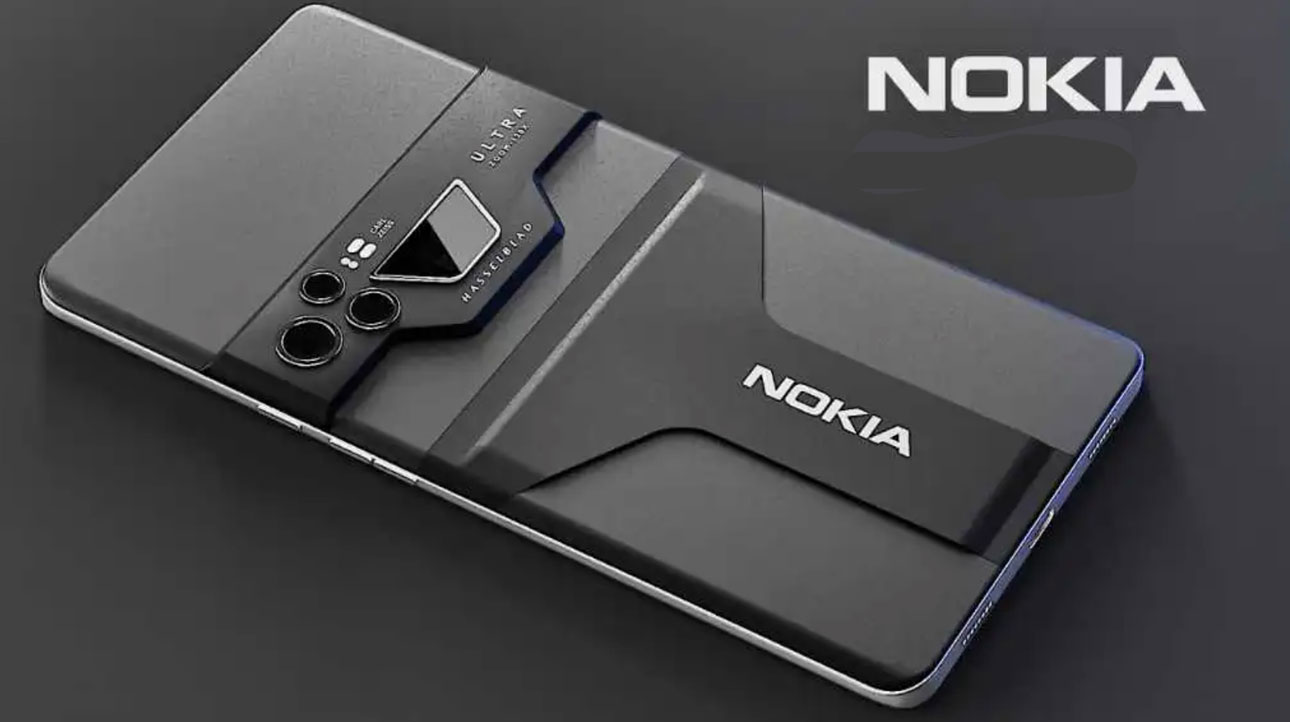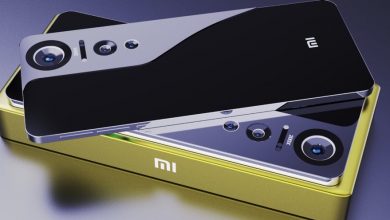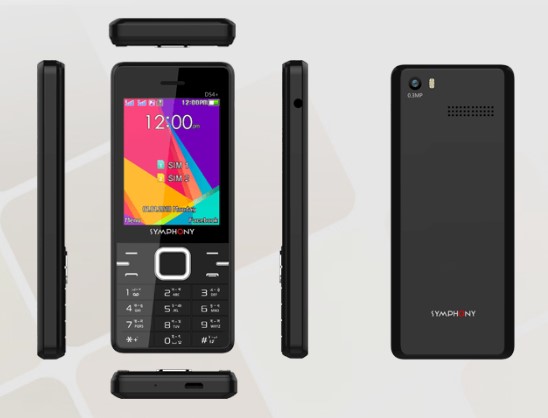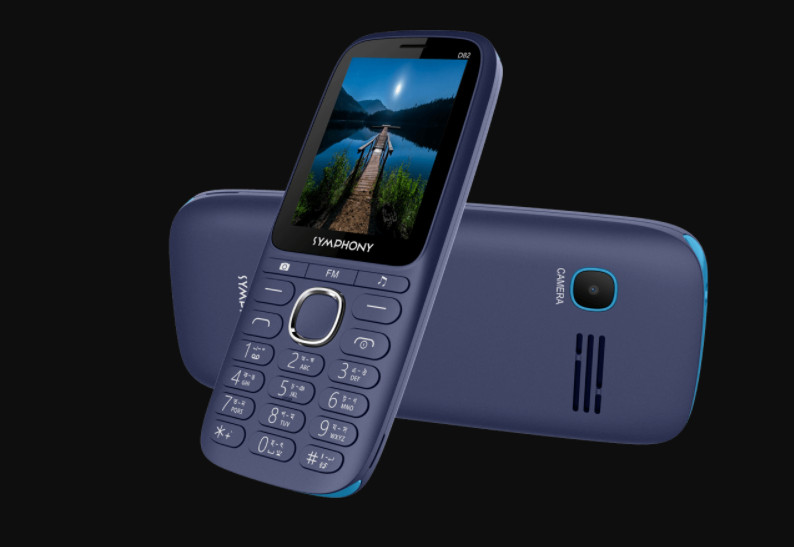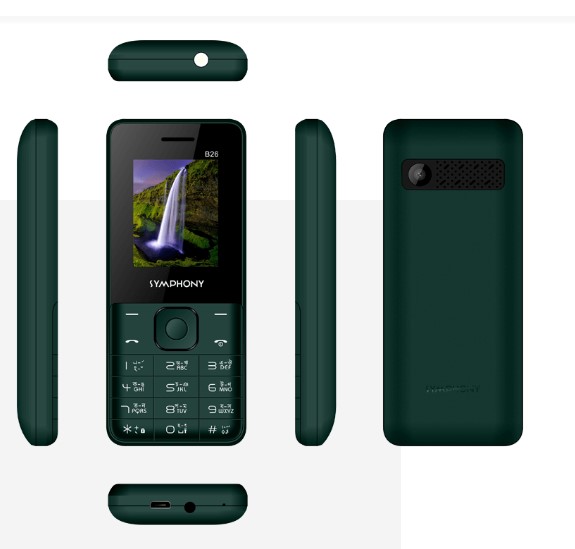Smartphones have undoubtedly been the biggest game-changer in the digital era. From entertainment to communication, these Internet-enabled devices have added an unprecedented level of convenience to daily life. As such, it’s unsurprising that smartphone use continues to grow annually, with 2024 reports stating there are over 6.5 billion smartphone users worldwide. This represents nearly 85% of the population, with numbers swelling by 5% yearly.
Just like everything else, though, too much of a good thing can cause ill effects. Studies show that screen times associated with smartphones continue to swell. This is worrisome, given that too much screen time has been found to have significant effects on various health aspects. To find out what some of these effects are and how to address them, read on.

Quick Link:
The eyes
Firstly, the eyes are the most susceptible to the dangers of excessive smartphone use, given that they’re the organs used to consume online content. Specifically, the eyes can be affected by the potentially harmful blue-violet light that these devices emit. Too much blue-violet light can cause issues like retinal cell damage, leading to straining, blurry vision, and premature eye aging. Because blue light can also impair the circadian rhythm, users can suffer from sleep disturbances that prevent the eyes from recovering fully during rest.
In order to prevent this, it’s best to wear filters that can block this blue-violet light. One of the most popular means to do this today is via blue light glasses. Because human eyes cannot filter out blue light on their own, these glasses do the job for you. Moreover, these specs are also called blue-violet light glasses because they allow the beneficial aquamarine blue light to pass through. This is the wavelength of light responsible for regulating melatonin levels so you can sleep and rest your eyes better. Available with and without prescriptions, these glasses can also have UV filters, so you can use them around other devices or under the sun. Today, brands as diverse as Ray-Ban, Vogue Eyewear, and Armani Exchange carry blue light glasses so that you can find a pair for any style preference.
The mind
Unfortunately, the scope and reach of smartphones can be a double-edged sword. While it can enhance connectivity and inclusivity, smart devices can also expose users to darker circles. This can include traumatic content, negative themes, and unhealthy mindsets. In line with this, researchers have found that those who log more time online, specifically using social media, are more likely to feel depressed. Usually, these platforms foster unrealistic standards that people are wont to compare themselves to. On top of this, excessive smartphone use can hinder your cognitive abilities, leading to problems with memory, focus, and problem-solving. This is because the mind becomes “lazy” given the breadth of information readily available.
So as to protect your mind from these, try to limit what you do and see online. Prioritize data privacy, for one, in order to safeguard your personal life from malicious entities and sketchy algorithms. Apart from this, you can also look into content filters. These can be added with software like Avast, which blocks certain materials from your browser. This is usually done for cybersecurity purposes, but you can also rework this so as to keep your feed more aligned with your values and goals. Alternatively, you can also personalize the settings on certain platforms so as to avoid content you think is harmful to you. For example, YouTube allows you to flag channels you’re not interested in or you think are dangerous.
The body
Smartphones can encourage a more sedentary lifestyle. Because you can do so many things with just a few clicks on your phone, it effectively eliminates the need to get up and do certain tasks physically. For instance, if you’re hungry, you can simply place an order online for food or groceries. While this streamlining of services certainly has its advantages, people tend to overuse them. This can drastically reduce movement, leading to weight gain, hypertension, poor circulation, and the like.
The best way to enjoy your smartphone without impacting your physical well-being is to set timers. These can help you reduce your screen time or simply remind you to take breaks every so often. Since it’s easy to lose track of time, smartphone tools can help you by installing break reminders. To illustrate, Android phones have their Digital Wellbeing tool that tracks your phone use and helps limit your app use. It even has a Focus mode wherein you can turn off notifications that may distract you during set times in the day. You can use these to encourage you to squeeze in a few minutes of phone-free physical activity without the constant temptation of going back online.



